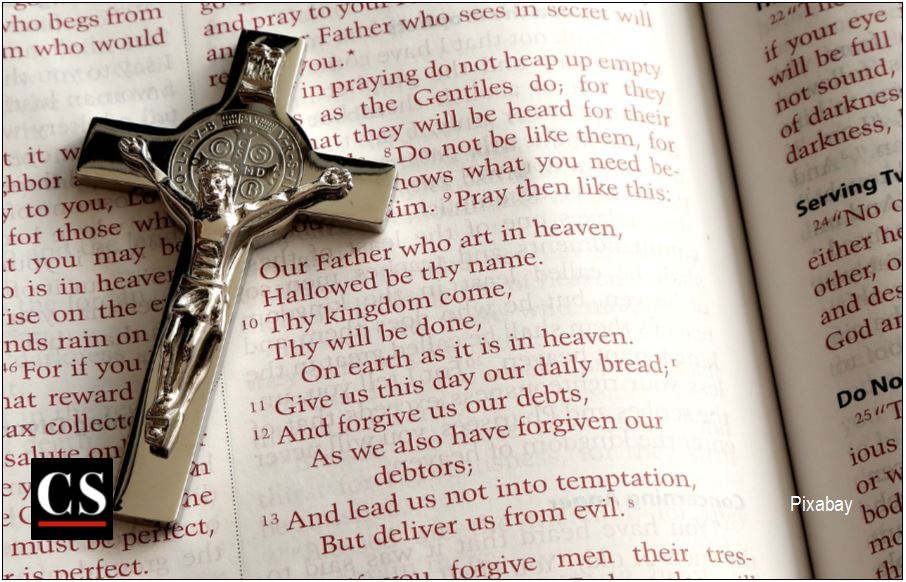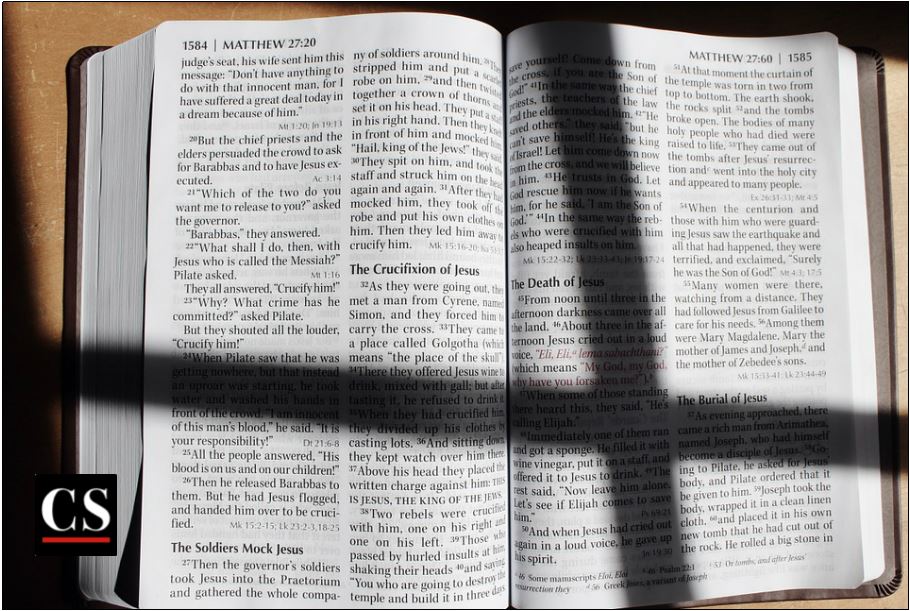- Feb 5, 2002
- 166,654
- 56,276
- Country
- United States
- Faith
- Catholic
- Marital Status
- Married
- Politics
- US-Others
Christians sometimes argue about canonicity, i.e., which books should be in the Bible (see “Bible Canon: What Is the Problem?”). One potential solution is to appeal to Scripture.
Scripture is to solve the question of canonicity, then the contents of the Biblical canon must be “read therein” or “proved thereby.”
Christians agree that Scripture contains no contents list. Physical Bibles often contain a contents page, but that is an editorial aid, provided by Bible publishers. It is not part of Scripture itself. This means that the Biblical canon cannot be “read therein” in Scripture.
If Scripture is to resolve the question of the Biblical canon, then it needs to provide a principle (i.e., a premise) which enables a particular canon to be argued and “proved thereby” from Scripture.
Continued below.

 catholicstand.com
catholicstand.com
1. Appealing to Scripture
In 1562 the Church of England said:HOLY Scripture containeth all things necessary to salvation: so that whatsoever is not read therein, nor may be proved thereby, is not to be required of any man. (Thirty-nine Articles, #6)
Scripture is to solve the question of canonicity, then the contents of the Biblical canon must be “read therein” or “proved thereby.”
Christians agree that Scripture contains no contents list. Physical Bibles often contain a contents page, but that is an editorial aid, provided by Bible publishers. It is not part of Scripture itself. This means that the Biblical canon cannot be “read therein” in Scripture.
If Scripture is to resolve the question of the Biblical canon, then it needs to provide a principle (i.e., a premise) which enables a particular canon to be argued and “proved thereby” from Scripture.
2. Appeal to Judaism
One Scriptural principle for deriving an Old Testament canon from Scripture arises from St. Paul’s claim thatThis led Andreas Karlstadt (d. 1541) to argue thatthey [the Jews] were entrusted with the utterances of God. (Romans 3:2)
the books which the Church, but not the Jews hold to be canonical, are doubtful (dubiosum). (De Canonicis Scripturis, 1520, Secundus Ordo, page E2b)
Continued below.

Bible Canon: Can Scripture Solve the Problem? - Catholic Stand
One potential solution to the question of canonicity, or to which books should be in the Bible, is to appeal to Scripture.
 catholicstand.com
catholicstand.com

